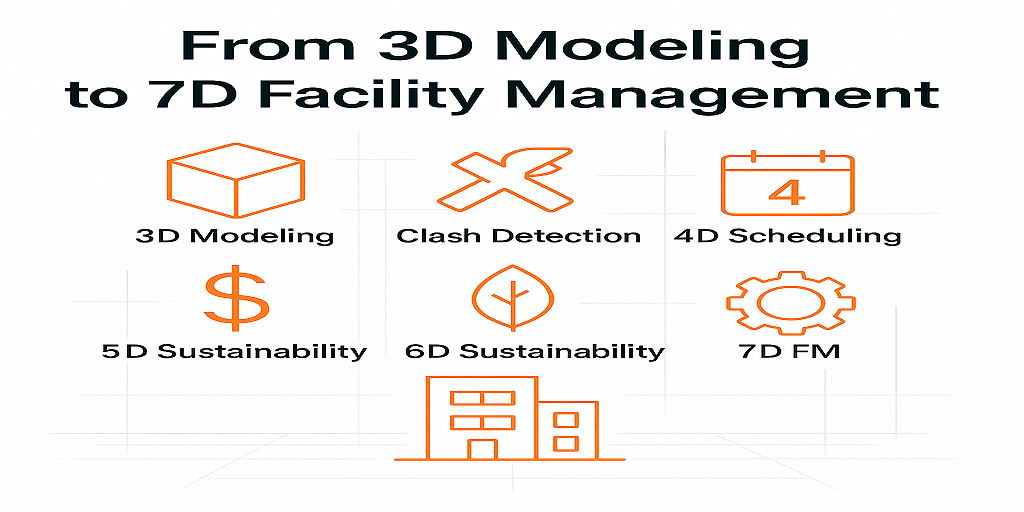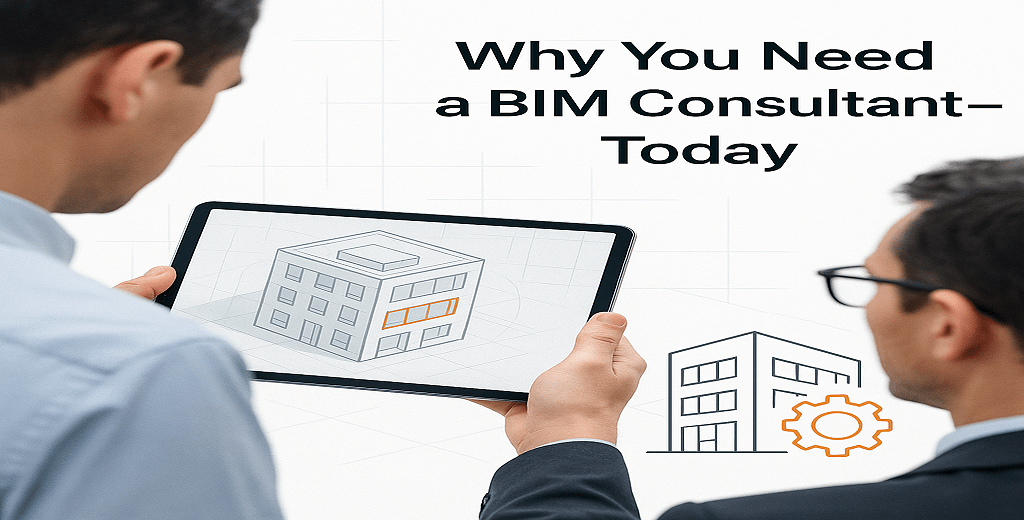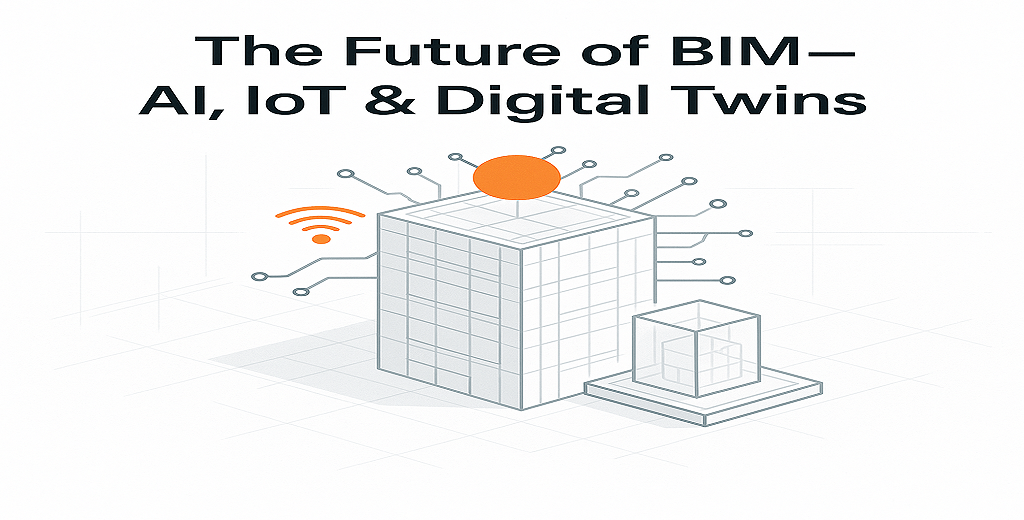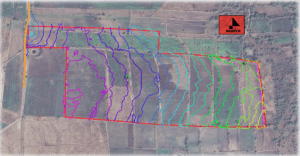BIM services refer to the creation, management, and use of digital representations of physical and functional characteristics of a facility. Unlike traditional design methods that rely heavily on 2D drawings, BIM creates an intelligent 3D model embedded with detailed information about the components of a building. These models are used for design, construction, simulation, and maintenance, offering a holistic view of the project from start to finish.
In the dynamic and ever-evolving world of construction and infrastructure development, technology has become the cornerstone of progress. Among the most transformative innovations is Building Information Modelling (BIM). BIM services are redefining how buildings and infrastructure are designed, constructed, and managed. From early conceptual planning to the operation and maintenance phase, BIM empowers stakeholders with a collaborative and data-rich environment that enhances decision-making at every stage.
The information embedded within a BIM model includes geometry, spatial relationships, geographic data, quantities, properties of building components, cost, and schedules. These capabilities make BIM indispensable for architects, engineers, contractors, and facility managers.

Traditional 2D drawings can’t keep pace with today’s complex builds. Enter Building Information Modelling (BIM): a single, intelligent 3D model packed with geometry, metadata, costs, schedules, and more.
🔹 Visualize early: Catch clashes before ever stepping on site
🔹 Collaborate seamlessly: One cloud-based “source of truth” for architects, engineers, contractors, and owners
🔹 Optimize lifecycle: From design to demolition, leverage rich data for smarter decisions
Types of BIM Services

1. 3D Modelling: Intelligent architecture, structure & MEP in one model
3D modelling forms the foundation of BIM. It involves developing intelligent digital representations of the building’s architecture, structure, and MEP (Mechanical, Electrical, Plumbing) systems. BIM modelling helps visualize design intent, detect clashes, and streamline construction processes.
2. Clash Detection: Conflict checks—no more surprises on site
One of the most powerful features of BIM is automated clash detection. BIM software can identify conflicts between various building elements such as pipes running through beams before construction begins. This reduces errors and change orders on site.
3. 4D Scheduling: Simulate build sequences and spot delays
This involves integrating the time element into the 3D model. Project managers can simulate construction sequences and visualize the project timeline. It improves planning and helps mitigate delays.
4. 5D Cost Estimation: Real-time budgets, locked-in early
By incorporating cost data into the BIM model, project teams can generate accurate cost estimates, track budgets in real-time, and make informed decisions about material use and design modifications.
5. 6D Sustainability: Energy analysis for green, efficient design
Sustainability is a growing concern across industries. 6D BIM helps analyze energy consumption, daylight, and HVAC systems to create environmentally friendly and energy-efficient buildings.
6. 7D FM: Digital twins for predictive maintenance
Once construction is complete, the BIM model becomes a powerful tool for facility managers. They can use it to schedule maintenance, monitor system performance, and optimize operational efficiency throughout the building’s lifecycle.
7. Scan to BIM
Scan to BIM services is used to create digital models from existing buildings or structures. Using 3D laser scanners or drones, physical spaces are captured and converted into accurate digital representations. These models are often used for renovations, retrofits, and documentation of heritage buildings.
8. BIM Design and Drafting
This service includes developing construction-ready shop drawings, architectural layouts, and MEP designs using the BIM platform. It enhances collaboration across disciplines and ensures precise documentation.
Who Provides BIM Services?
A variety of firms specialize in BIM, each offering different capabilities:
- BIM modelling companies focus on creating 3D models and visualizations.
- BIM consulting firms guide clients on how to integrate BIM into their workflows, manage implementation, and adhere to industry standards.
- BIM outsourcing companies offer scalable services from offshore locations, providing cost-effective and efficient modelling, coordination, and documentation.
- Architectural BIM services providers work primarily with architects to translate design concepts into coordinated BIM models.
- BIM MEP services providers specialize in the mechanical, electrical, and plumbing aspects of a project.
When looking for BIM companies near me, consider factors like experience, software proficiency, turnaround time, and quality control processes.
Benefits of BIM Services
The advantages of BIM are extensive and span all phases of a building’s lifecycle:
1. Better Collaboration
With cloud-based platforms and centralized models, teams can work in real-time, share updates instantly, and ensure all stakeholders are aligned.
2. Improved Accuracy
Since BIM models contain detailed data, there’s less room for interpretation and error. Designs are more precise, leading to better construction outcomes.
3. Reduced Costs
Early clash detection and accurate cost estimation prevent budget overruns and eliminate rework.
4. Faster Project Delivery
With efficient scheduling and coordinated workflows, construction timelines are streamlined, reducing project delays.
5. Enhanced Facility Management
Post-construction, BIM serves as a digital twin for the facility. This aids in predictive maintenance, energy optimization, and lifecycle cost reduction.
Why BIM Consulting Matters

Adopting BIM isn’t a plug-and-play switch—it’s a transformation. A BIM consultant will:
- Audit your current workflows
- Craft a tailored BIM Execution Plan
- Train your team on best practices
- Ensure compliance with ISO and industry standards
- Integrate BIM into your project lifecycle.
Unlock Scale & Savings with BIM Outsourcing
Small team? Tight timeline? Offshore BIM can be your power move:
✅ Cost-effective: Access top talent at competitive rates
✅ 24/7 progress: Time-zone advantage keeps work moving
✅ Rapid ramp-up: Scale your team on demand
✅ Core focus: Your in-house experts stay on strategy while partners handle modelling, coordination, and documentation.
Selecting the Right BIM Partner
Choosing the right partner is essential for project success. Here’s what to consider:
- Experience and Portfolio: Look for companies with a proven track record in similar projects.
- Technology Stack: Ensure they use industry-standard software like Revit, Navisworks, ArchiCAD, or Bentley.
- Customization and Flexibility: The provider should tailor services to your project’s needs.
- Quality Assurance: Ask about their QA/QC process and how they ensure model accuracy.
- Communication and Collaboration: Clear communication is key to resolving issues quickly and keeping the project on track.
The Future of BIM
BIM today is just the beginning. Here’s what’s next:

• AI-driven design: Generative layouts that learn from past projects
• IoT integration: Real-time sensor data feeding back into your model
• Digital twins: Live, virtual replicas of built assets for continuous optimization
The BIM landscape continues to evolve. Emerging trends include integration with Artificial Intelligence (AI), the use of Internet of Things (IoT) for smart building management, and the development of digital twins that mirror real-world behavior.
As governments and industry leaders move toward smarter infrastructure, BIM will be at the forefront of innovation. The shift from design-centric to data-centric workflows means BIM is not just a tool it’s a foundation for modern construction and asset management.
BIM services are no longer optional they are essential for delivering high-quality, cost-effective, and sustainable buildings. From design to demolition, BIM supports every phase of a project’s lifecycle with rich data and powerful visualizations. Whether you’re a developer, architect, engineer, or contractor, investing in BIM can significantly enhance your productivity and competitive edge.
As more BIM companies enter the market, choosing the right service provider becomes crucial. Whether you’re seeking bim design services, exploring bim consulting firms, or evaluating bim outsourcing companies, it’s important to align with a partner who understands your goals and delivers high-quality results.
In a world where precision, speed, and sustainability are paramount, building information modelling services are the key to building smarter and building better.
Ready to leave silos behind? Discover how BIM turns chaos into clarity—and saves you time, money, and headaches.
👉 Learn more: https://www.sunconengineers.com/architecture/





